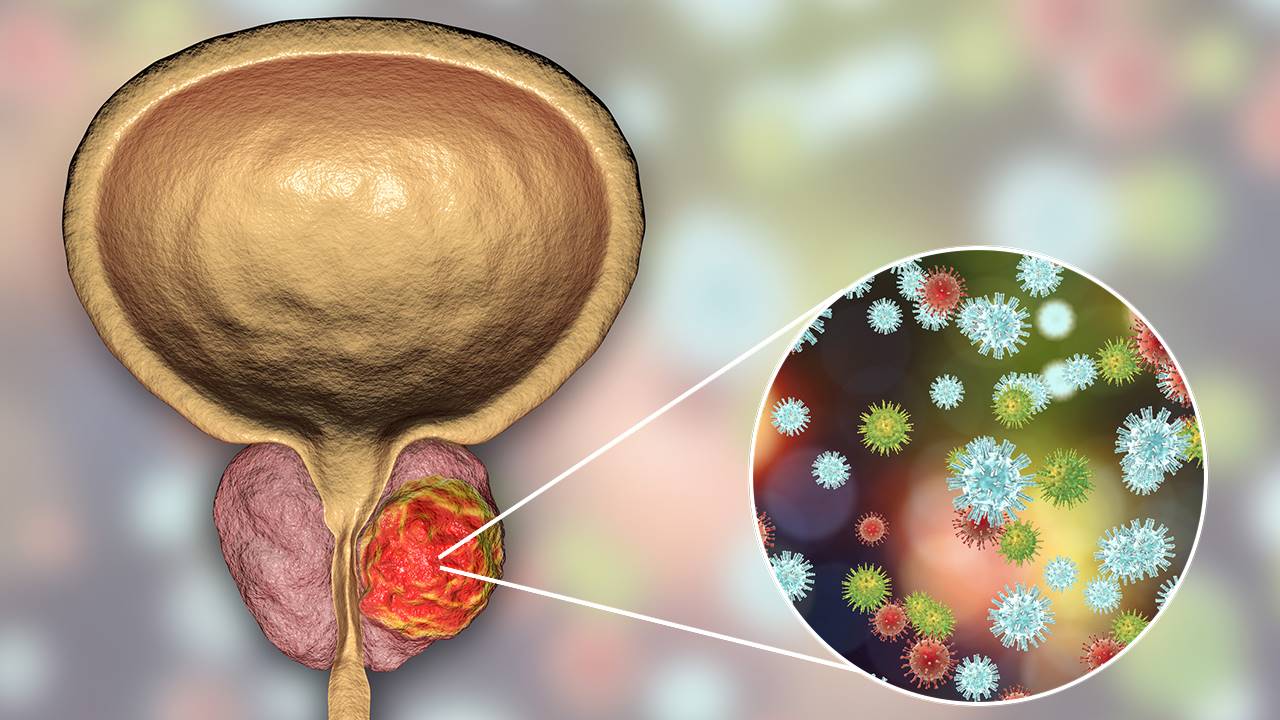When making treatment plan decisions, patients are encouraged to consider participating in clinical trials.
A clinical trial is a research study that tests a new approach to treatment. Doctors want to know if the new treatment is safe, effective, and possibly better than the standard treatment. Clinical trials can test a new drug, a new combination of standard treatments, or new doses of standard drugs or other treatments. Treatment options and recommendations depend on several factors, including the type and stage of cancer, possible side effects, as well as patient preferences and general health.
Because most cases of prostate cancer are found early when the cancer is growing slowly, the patient usually does not have to rush to make treatment decisions.
During this time, it’s important to discuss the risks and benefits of all of your treatment options with your doctor, and when treatment should begin. This analysis should also address the current status of the cancer, such as:
- Whether PSA levels are rising or stable.
- Whether the cancer has spread to the bones.
- Your medical history.
- Any other medical condition you have.
Early stage prostate cancer (stages I and II). Early-stage prostate cancer usually grows very slowly and can take years to cause any symptoms or other health problems, if ever. Consequently, active surveillance may be recommended. Radiation therapy (with external beam or brachytherapy) or surgery may also be suggested, as well as clinical trials. For men with a higher Gleason score, the cancer may be fast growing; therefore, radical prostatectomy and radiation therapy are often appropriate. Your doctor will consider your age and general health before recommending a treatment option.
Locally advanced prostate cancer (stage III). For some patients with a larger tumor, local treatments alone, such as surgery and radiation therapy, are less likely to eliminate the cancer. A type of surgery called a radical prostatectomy is often done, which includes removal of the pelvic lymph nodes.
Doctors do not treat locally advanced prostate cancer with systemic therapy before surgery, including neoadjuvant androgen-deprivation therapy (ADT) or neoadjuvant chemotherapy. Neoadjuvant treatment is that which is administered before surgery. However, concurrent neoadjuvant ADT is the standard of care for men receiving radiation therapy for locally advanced prostate cancer.







